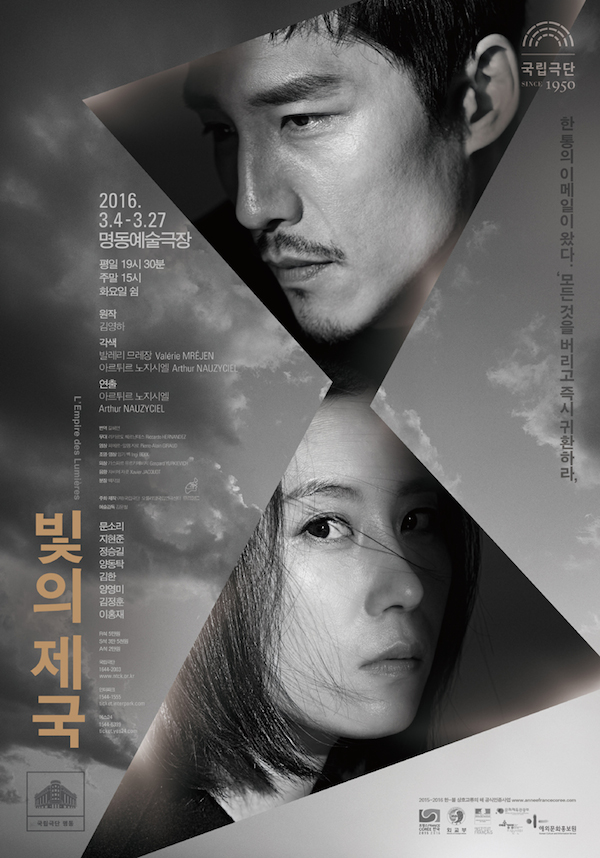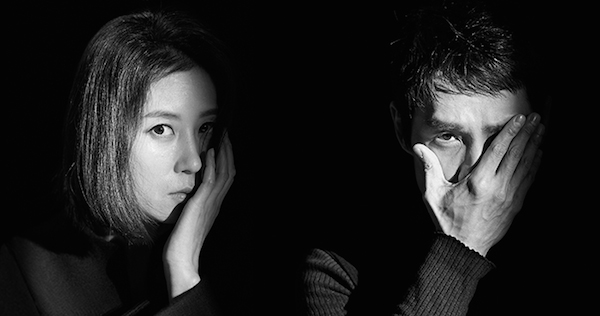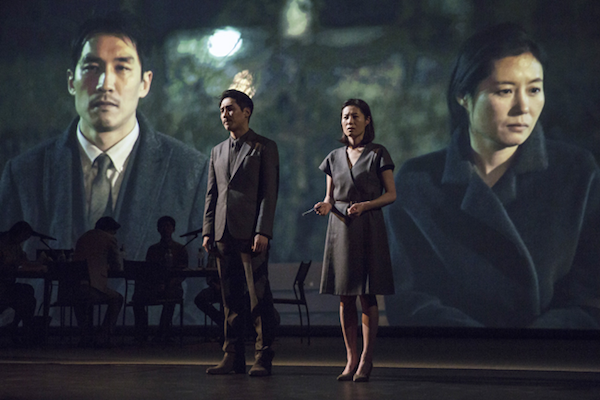Ki-yong, the middle-aged protagonist of Kim Young-ha’s Your Republic Is Calling You, lives at the apparent height of South Korean normality, complete with a wife, a teenage daughter, a film importing business in Seoul, and a strong enthusiasm for soccer and beer. Then, one morning, comes an encrypted message with an unambiguous order: drop everything, dismantle your life, and get back to the North immediately. Ki-young, we soon find out, has lived for over twenty years in the South as a Northern sleeper agent, theoretically awaiting orders while accruing all the accoutrements of life in the peninsula’s more prosperous half. The novel follows what happens to him, his family, his colleagues, and his pursuers over the next 24 hours.
I first wrote about Your Republic Is Calling You in the LARB back in a 2013 profile of Kim’s novels in English translation, of which he has more and higher-profile than the average Korean novelist under fifty. (More recently, I’ve written about his literary podcast and Read, his latest book of essays, here on the Korea Blog.) In that piece, I quoted a reader-on-the-street description of the book as “a Korean version of Ulysses,” owing, no doubt, to its single-day time frame (a storytelling technique laid out in Aristotle’s Poetics, about which Kim writes in Read) as well as the way it moves through the city of Seoul as Ulysses moves through the city of Dublin.
These qualities make for compelling reading, but how to translate them to the stage? Taking on that very challenge, we have the French-Korean production The Empire of Light, a live adaptation of Kim’s novel from the National Theater Company of Korea, years in the making and now running in the heart of Seoul’s busiest shopping district at the Myeongdong Art Theater. That English directly translates 빛의 제국, Your Republic is Calling You‘s original (and, I might add, superior) Korean title, itself borrowed from René Magritte’s series of canvases L’Empire des lumières — the title under which the play will appear when it opens at the Center Dramatique National Orleans in May.
The show comes at the beginning of a series of some 300 events constituting the 2015-2016 Korea-France year, a celebration of the 130th anniversary of diplomatic relations between those two similarly sized countries. Though The Empire of Light‘s Seoul-set story requires an all-Korean cast, the French side of the collaboration includes director Arthur Nauzyciel, playwright Valérie Mréjen, and the artists who handled costumes and design. They’ve put together a striking stage, with two oversized video screens, one landscape-shaped and one portrait-shaped, towering over a human environment of pure gray: a gray table, a gray couch, gray carpet, gray clothing.
A condensed cast of the novel’s characters roam that gray carpet, going between gray table and gray couch, including, in her gray dress, Ki-yong’s wife Ma-ri, a former political radical and current saleswoman at a car dealership with problems of her own. She’s played by Moon So-ri, who grew famous through her film roles (including several for Hong Sangsoo), and in The Empire of Light performs a kind of film role as well, in the footage projected on those screens behind her and the rest of the players. That simultaneous action, shot all over Seoul, allows for near-constant movement through the city without a single change of scenery onstage, also obviating the need for an intermission in this movie-length production.
But given the typical complaints about the look of the city from disappointed tourists, the sheer grayness of the set in front — a varied grayness, in several different shades — also strikes me as somehow Seoul-inspired. Mréjen, citing the atmosphere of surveillance that comes to pervade the novel, has also named the “recording room” as an aesthetic reference point: colorless, utilitarian, and neutral, but also versatile, a complementary space to the brightly lit streets, cafés, subway trains, and love hotel rooms in which the story’s cinematic dimension plays out.
Nauzyciel, who as preparation made visits to all of the real-life locations of the novel, describes Seoul as “one of the characters in the story,” and even if Seoul doesn’t do all the work of a character here, it certainly counts as an inextricable element of the story. The director draws a contrast between the unromanticized South Korean capital with the much-romanticized, and almost as dominant, French one: “In Paris, we live in the past. I live in a building that was built in 1647 and that’s normal. Here in Seoul, I feel like the past has been swept away. There’s no way to know what it used to be before the city was demolished and rebuilt. It’s like living in the present. But sometimes, we don’t realize we are carrying the past with us.”
But few Korean stories, of course, whether on the stage, screen, or page, fail to acknowledge the un-pastness of the past, mostly in regard to the still historically fresh scar from the country’s division after the Second World War. I’ve long appreciated Kim Young-ha’s books for not focusing on the pain inherent in life in a divided Korea as fixedly as those of some of his colleagues, but a novel like this one, involving as directly as it does the theme of North-South relations — let alone featuring a North Korean protagonist, and one portrayed as a non-monster at that — can’t avoid dealing with separation, whether between states or between individuals.
And so the material of The Empire of Light becomes, in the words of French ambassador, something “between espionage and philosophy,” breaking from the thriller-like plot of Kim’s novel to engage in a polyphonic meditation on not just separation but conflict, allegiance, and memory themselves, perceived from across the ever-growing gulf between two societies. There the performance uses its recording-room set in the most literal way, bringing the actors up to standing microphones to deliver monologues composed of thoughts, memories, and emotions, both factual and fictional, stirred by North Korea. A very French theatrical tactic, you might say — but a very Korean one as well.
You can follow Colin Marshall at his web site, on Twitter @colinmarshall, or on Facebook. If you’re in town, come to the free, bilingual Seoul Book and Culture Club event he’ll host on Saturday, April 2nd, a conversation with award-winning young Korean writers Kim Ae-ran, Chan Kangmyoung, and Kim Min-jung.




